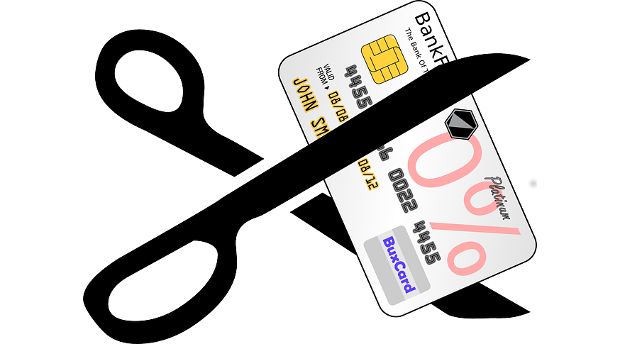Should Company Have Posted on Employee’s Social Media Sites?
Post Views 1If you use Facebook or Twitter at work, are they only your social media accounts? Or can your boss access them to help the business? A former employee sparked litigation so that a judge could decide.
A woman was employed as Director of Marketing, Public Relations and E-commerce at Susan Fredman Design Group, Ltd. (SFDG), an interior design company based in Chicago and incorporated in the State of Illinois. She would earn a bonus depending on the company’s gross, and she utilized social media to promote SFDG. While employed at SFDG, she was well known and had a following of 1,250 people on her personal Twitter account. She also wrote a blog on the company’s website and endorsed SFDG with links on Facebook posts (her personal account and one for the company) and Twitter tweets. All social networking, personal and company-related, was done on an SFDG computer, but the woman did not authorize anyone else to use her passwords.
In 2009, the woman and a co-worker were struck by an automobile while on business. While hospitalized, the woman learned that the company was using her personal social media accounts to notify followers of the woman’s accident, but also for business promotions and to introduce a guest blogger in her absence. She requested that the company stop updating via her accounts, but employees continued to do so. She returned to work on a part-time basis eight months after her accident, but her doctor recommended that she stop working completely due to her condition. She obliged and left the company. Months later, she filed a lawsuit.

As to the violation of the Lanham Act, the court recognized that the woman was using social networking “for her own economic benefit,” which would satisfy her false endorsement claim, but believed it “premature” to decide if there had been financial injury. Accordingly, summary judgment on said count was denied for both parties. The claim for the Stored Communications Act likewise requires proof of damage, and again, the court stated that it was too early to determine any damage and denied the cross-motions for summary judgment.
The other two counts were relevant to the plaintiff’s identity and privacy. The court did not believe the woman’s identity had been affected, as it was clear that the social media posts were written by the company and not by the plaintiff. The privacy claim was questioned with regard to the social networking – Twitter followers generally do not need to even be approved. As the court noted, “persons cannot reasonably maintain an expectation of privacy in that which they display openly.” Accordingly, the summary judgment was granted for these counts in favor of the company.
All that remains is for the plaintiff to find evidence proving financial damages to support the alleged violations of the Lanham Act and the Stored Communications Act.
Should Company Have Posted on Employee's Social Media Sites? by Harrison Barnes



 What Does It Actually Cost to Hire a New Employee?
What Does It Actually Cost to Hire a New Employee?  What’s Lacking in the Work Place
What’s Lacking in the Work Place  Top 5 Areas You Should Cut Costs in Your Business in 2016
Top 5 Areas You Should Cut Costs in Your Business in 2016  Want to Attract Top Talent to Your Company? Have a Purpose
Want to Attract Top Talent to Your Company? Have a Purpose  Top Trends in Human Resources
Top Trends in Human Resources  Generation Y is Changing Corporate America
Generation Y is Changing Corporate America  Telecommuting Doesn’t Work for All Jobs
Telecommuting Doesn’t Work for All Jobs  Top 4 Most Effective Management Styles & How to Use Them
Top 4 Most Effective Management Styles & How to Use Them